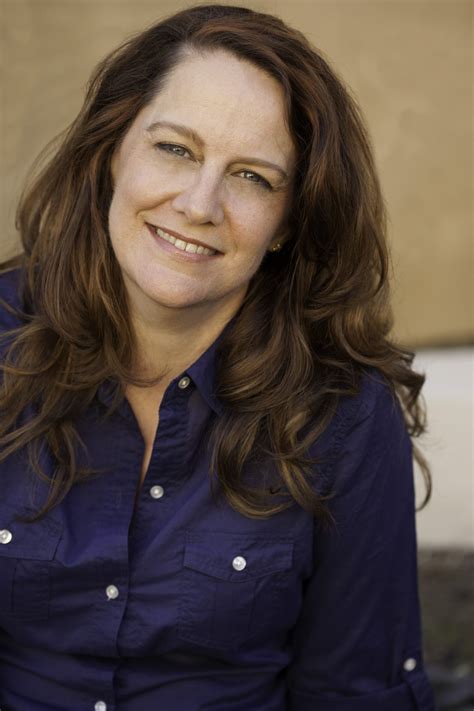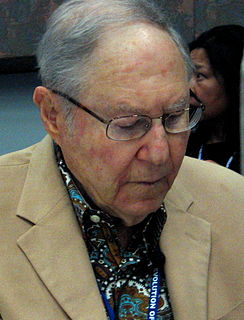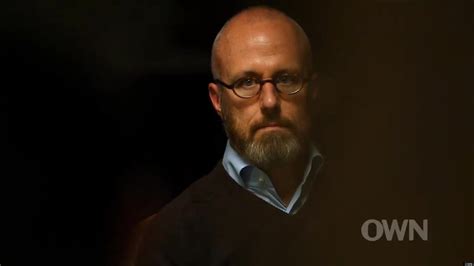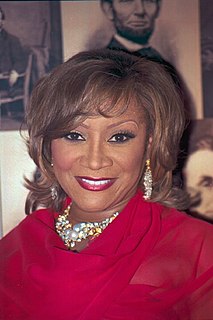A Quote by Steven C. Hayes
If a therapist is feeling insecure in therapy, a lot of therapists will try to sort of push that aside to try to do the therapy. Instead, we would ask people to get with that feeling of insecurity, because after all, the client is being asked to do the same thing. It has a kind of a quality of two human beings in the same situation, really, working through these psychological processes. And yeah, you hired me; I'm working for you as a therapist. But I'm not up here and you're down there. And what you're struggling with, at other times and with other areas I'm struggling with.
Quote Topics
After
Areas
Aside
Ask
Asked
Because
Being
Beings
Client
Down
Feeling
Feeling Insecure
Get
Hired
Human
Human Being
Human Beings
Insecure
Insecurity
Instead
Kind
Lot
Me
Other
People
Processes
Psychological
Push
Quality
Really
Same
Same Thing
Situation
Sort
Struggling
Therapist
Therapists
Therapy
Thing
Through
Times
Try
Two
Up
Will
Working
Would
Yeah
Related Quotes
Most therapists do not appear to know how to pinpoint and reverse therapeutic resistance - to head it off at the pass. Instead, they try to persuade the patient to change, or to do the psychotherapy homework, while the patient resists and 'yes-butts' the therapist. The therapist ends up feeling frustrated and resentful, and doing all the work.
I have known know many therapists who come out of Pacifica Graduate Institute and love being both artists and therapists at the same time, like Maureen Murdock. They are photographers and dancers and other kinds of things and therapists at the same time. I think it really makes them a much more interesting therapist because they're so engaged with the imagination and the creativity and the depths of who they are.
What I really like is changing a life, helping someone change a business, change a family. In the beginning, it was because I was willing to only be paid for a result. I wasn't a therapist; there were no such thing as coaches back then. You had to be a therapist and it had to be paid for by somebody, and I saw what therapists did and I was honestly disturbed by it, because I see people in therapy for five years and I was, like, "This is absurd."
Your history's not going to go away; it isn't the same thing as dirt on the floor or paint peeling off the walls; it's not going to be solved in that way. It's more like learning how to carry it, to contact it, to see it. Because it's based on the psychology of the normal, the therapist is part of that too. And so they too are working with those very same processes. And so it requires a therapist just to see the value of it and to be willing to look at their own difficult emotions and thoughts and find a way to carry them gently in the service of the clients that they're serving.
When I said on national television I still struggle, a reparative therapist called me and said if you'll come into therapy with me I can cure you of your temptations and attractions 100 percent. And then there are the offers of using homosexual pornography within the therapeutic process to help people understand why they're struggling.
You know, I think everybody I've seen has come from some other therapy, and almost invariably it's very much the same thing: the therapist is too disinterested, a little too aloof, a little too inactive. They're not really interested in the person, he doesn't relate to the person. All these things I've written so much about. That's why I've made such a practice really, over and over to hammer home the point of self-revelation and being more of yourself and showing yourself. Every book I write I want to get that in there.






























